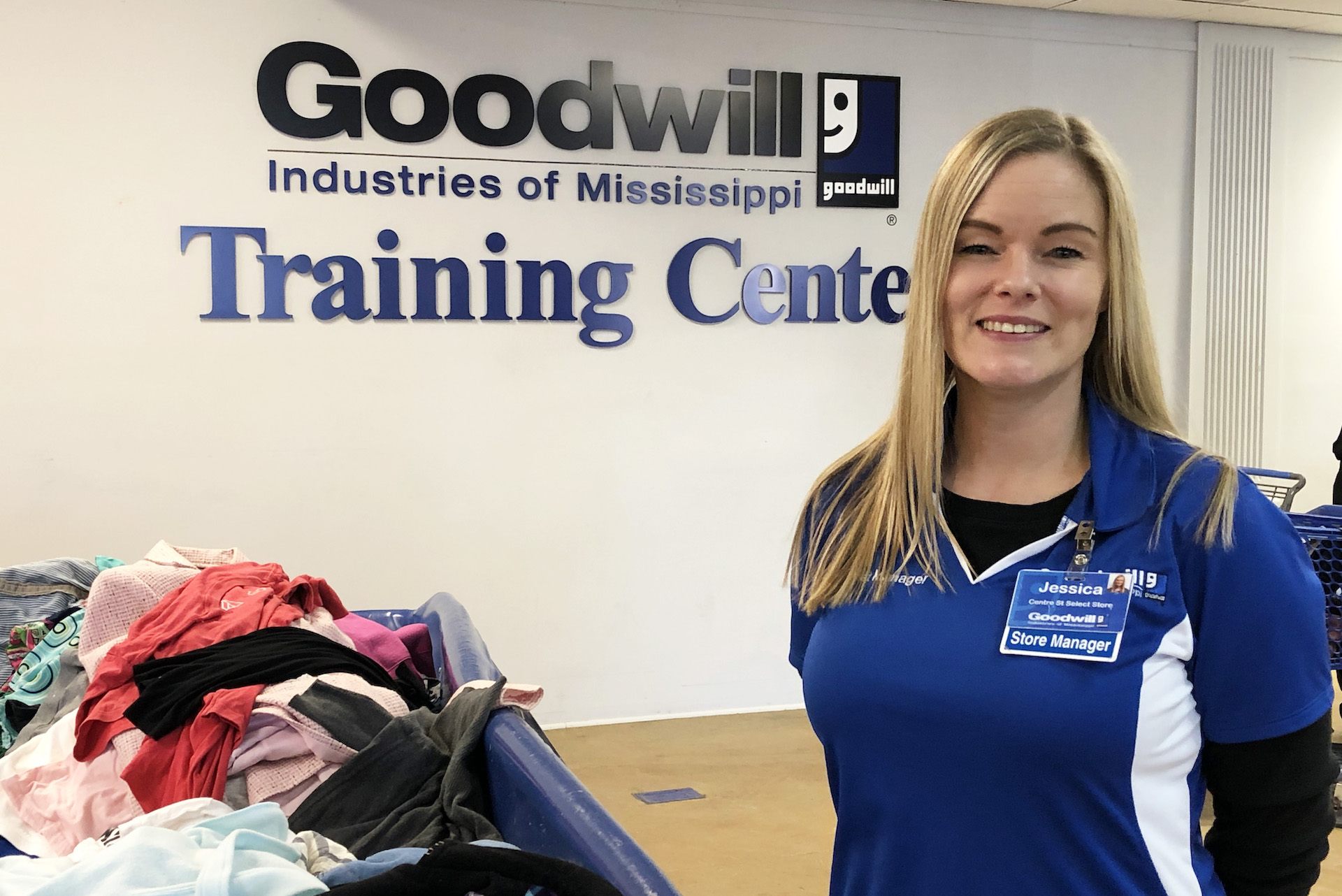We need to ease barriers to work for those leaving prison

Finding a job is one of the top priorities for those leaving prison.
But it can be one of the most difficult tasks on the list for beginning a new life outside the prison walls, and Mississippi does little to help those looking to make a fresh start.
Criminal convictions can have numerous negative impacts on individuals, even years after they’ve completed their prison sentence. Long after a person has “paid their debt to society,” it’s still a barrier to opportunity.
For Jessica Maxwell-Flowers, her release from prison was a day of celebration as well as a day of uncertainty. Jessica served five years in prison because of her drug addiction. It was something that began very early in her life.
She grew up in a home where drugs and alcohol were a part of the daily routine.
“My mom drank, and smoked pot, and my stepfather did crack,” she said. “I was living in a community where we were all poor. It just seemed normal.”
During her time behind bars – time she called “hell on earth” – Jessica made the decision that she was going to do whatever she had to do to break the chains of addiction. She finished her five-year sentence and was released – sober and scared. She didn’t know where she would go. She had no one to call, but she knew she needed treatment. She checked herself into a facility in Jackson and underwent drug treatment.
“I knew I never wanted to go back to prison again. I just wanted to be a normal person,” she said.
Jessica had to get a job, but that wasn’t easy. Public transportation in Mississippi is scarce, but she was determined. She climbed aboard the J-Tran bus in Jackson and went out in search of a job.
It was difficult for her to find work with her criminal record and in Mississippi, an added barrier to success is occupational licensing. Many licensed occupations prevent individuals with criminal records from ever seeking a license to work. While certain convictions that are directly related to certain professions could prove disqualifying, blanket restrictions on anyone with a criminal conviction pose undue hardships on individuals like Jessica seeking to reenter the workforce after completing their sentence.
Mississippi imposes burdens on a number of professions requiring a license to work. For many individuals, this is just a small hurdle on their way to a career, but for low-income individuals and those with a criminal conviction in their past, this can mean the difference in finding meaningful work and returning to a life of crime.
And this is why Mississippi received an “F” in removing barriers to work for ex-offenders, according to Grading Justice, a new website that reviews and rates various areas of Mississippi’s justice system.
Jessica’s plan was to find a job working at a fast-food restaurant because she said they would hire someone with a criminal record. She didn’t believe she could do much more than that with her background, but she wanted better for her life.
“At that point that was the only thing I knew to do,” she said. “I knew with my record it was going to be very hard to find a job.”
While on the search for a job, someone told her that Goodwill would hire those with a criminal record.
“So, I got on the bus and went over to put in an application.”
Goodwill Industries of Mississippi is in the business of offering second chances to those who need it most. Jessica was hired and began working in the back sorting and tagging clothes at the distribution center.
She found worth and confidence in herself that she had never known before – all because she was given the opportunity to work.
Jessica and her boyfriend had been sharing a van, walking, and using public transportation to get to and from work. With her steady job, Jessica was able to save her money and buy her own vehicle – an accomplishment that she never thought possible from behind the prison wall.
Today, Jessica serves as the manager of the Goodwill Store.
“I love that I’m able to give back to someone who was in the same situation that I was in,” she said. “It has been therapy for me to be able to give to the next one.”
She’s also going back to school and working toward a degree in business.
“I am blown away with myself,” she smiled. “I thought I was a nobody. I think the thing that people who have been in my situation need to hear most is that it doesn’t matter how many times you mess up, there is always hope.
“It’s hard because there are so many barriers – employment, family support, and a good community, but if you take it very slowly and just go one day at a time you can make it.”